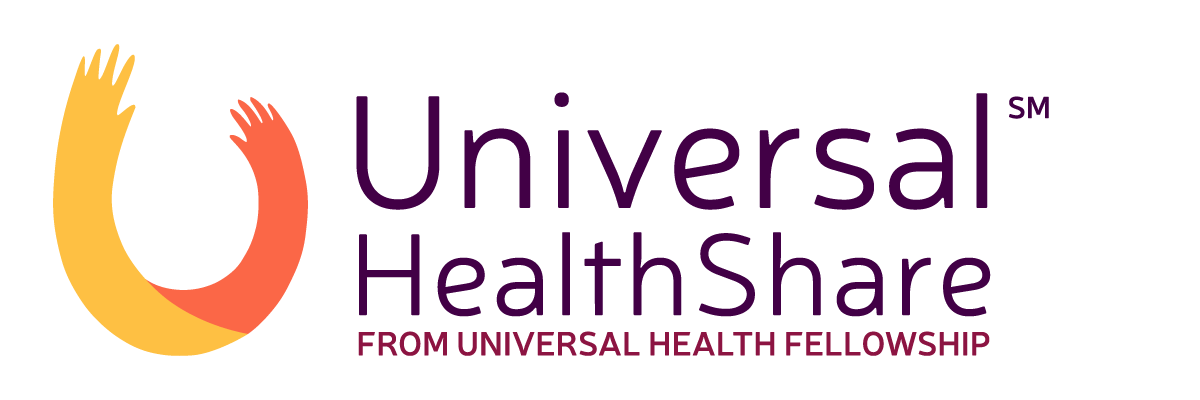Think you’re done with chickenpox after battling it as a kid? Unfortunately, the varicella-zoster virus – the virus responsible for chickenpox – can linger in your nerve cells after the initial infection. Years, even decades later, it can reactivate as shingles, a painful and sometimes debilitating virus.
What Causes Shingles?
The primary culprit behind shingles is the varicella-zoster virus. After a person recovers from chickenpox, the virus doesn’t completely leave the body; instead, it lies dormant in the nerve tissues. Years later, this dormant virus can reactivate, often due to a weakened immune system, stress, or other factors. According to the CDC, about 1 in 3 people in the U.S. will develop shingles in their lifetime.
Recognizing Symptoms
The symptoms of shingles typically begin with pain, itching, or tingling in a specific area, usually on one side of the body. This is often followed by the appearance of a rash, which develops into fluid-filled blisters. According to the Mayo Clinic, these blisters eventually crust over and heal, usually within 2 to 4 weeks. Other symptoms may include fever, headache, sensitivity to light, and fatigue.
Who Is at Risk?
While anyone who has had chickenpox can develop shingles, certain groups are at higher risk. The National Institute on Aging notes that older adults, particularly those over 50, have a significantly increased risk due to natural age-related decline in immunity. Additionally, individuals with weakened immune systems, due to conditions like HIV/AIDS or cancer treatments, are also more susceptible.
Complications to Be Aware Of
One of the most significant complications of shingles is postherpetic neuralgia (PHN), which is characterized by persistent pain in the area where the shingles rash occurred. Research shows this can last for months or even years after the rash has healed. Other potential complications include vision loss, if shingles affects the eye, and skin infections.
If you notice any changes in vision, pain, or signs of infection, call your primary care physician.
Preventing Shingles
The most effective way to reduce the risk of shingles is through vaccination. The CDC recommends the shingles vaccine for adults aged 50 and older, as it has been shown to reduce the incidence of shingles and its complications. The vaccine is safe and can significantly lower the chances of developing shingles and PHN.
Treatment Options
If you do develop shingles, early treatment can help. Dermatologists recommend antiviral medications to reduce the severity and duration of the illness, especially if taken within the first few days of symptoms appearing. Pain management is also crucial, and options often include over-the-counter pain relievers, creams or lotions to ease itching, and placing a cool compress on the affected skin areas. Antibiotics may be recommended if there are signs of bacterial infection.
If pain from shingles persists, talk to your doctor about prescription medication options. Steroids can help ease inflammation, and antidepressants and anticonvulsants have been show to ease nerve pain.
Shingles can be a painful and distressing condition, but understanding its causes, symptoms, and prevention methods can help you protect yourself and others. If you suspect you might have shingles, it’s important to consult a healthcare professional for guidance and treatment as early as possible. And don’t forget to schedule your shingles vaccine if you’re 50 or older! Vaccination remains the best line of defense against this uncomfortable illness.



